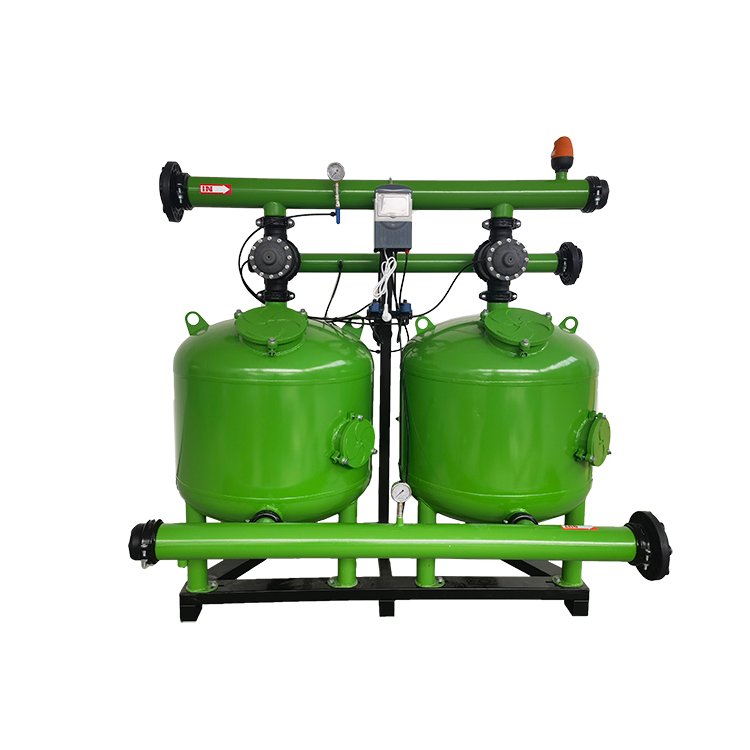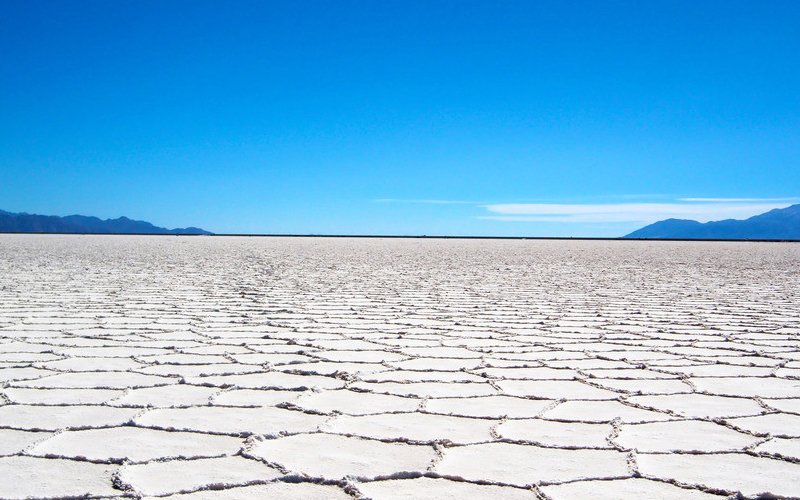The type of filter used depends on the type of debris that needs to be removed.
When it comes to filtering out debris from liquids or gases, the type of filter used is crucial. The effectiveness of the filter depends on its ability to remove the specific type of debris that is present. Different types of filters are designed to remove different types of debris, so it’s important to choose the right filter for the job.
One of the most common types of filters is the mechanical filter, which physically traps particles and debris as the liquid or gas flows through it. Mechanical filters are effective at removing larger particles like sediment, sand, and rust, but they may not be able to capture smaller particles like bacteria or viruses.
For smaller particles, a different type of filter may be needed. A biological filter uses living organisms to remove contaminants from the liquid or gas. These filters are often used in aquariums and water treatment systems to remove harmful bacteria and other microorganisms.
Another type of filter is the activated carbon filter, which uses activated carbon to remove impurities from liquids and gases. Activated carbon is highly porous and has a large surface area, which makes it effective at adsorbing chemicals, gases, and other pollutants.
In some cases, a combination of filters may be used to achieve the desired level of filtration. For example, a pre-filter may be used to remove larger debris before the liquid or gas is passed through a finer filter to remove smaller particles.
In summary, the type of filter used depends on the type of debris that needs to be removed. Mechanical filters are effective at removing larger particles, while biological filters are used to remove microorganisms. Activated carbon filters are effective at removing chemicals and pollutants. Choosing the right filter for the job is essential for ensuring the purity and quality of the filtered liquid or gas.



